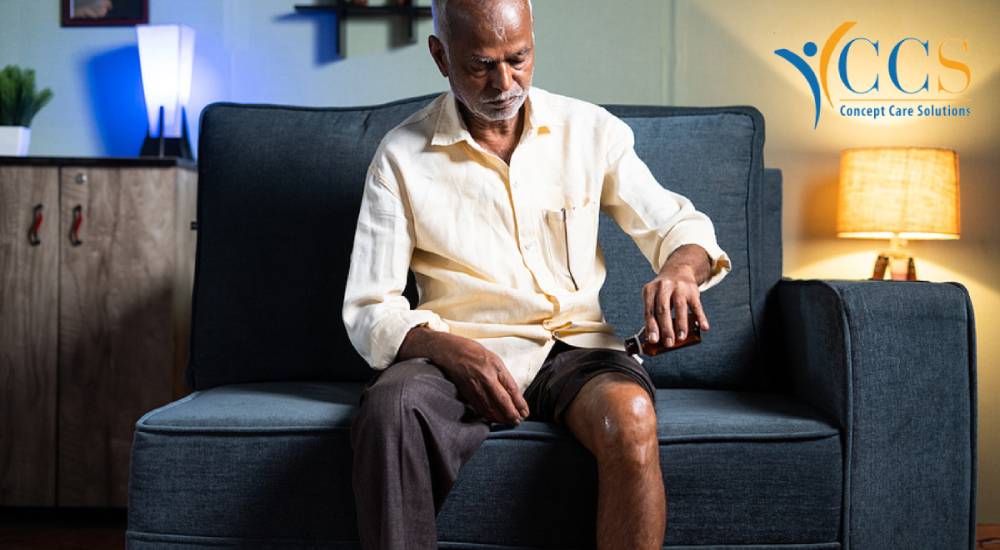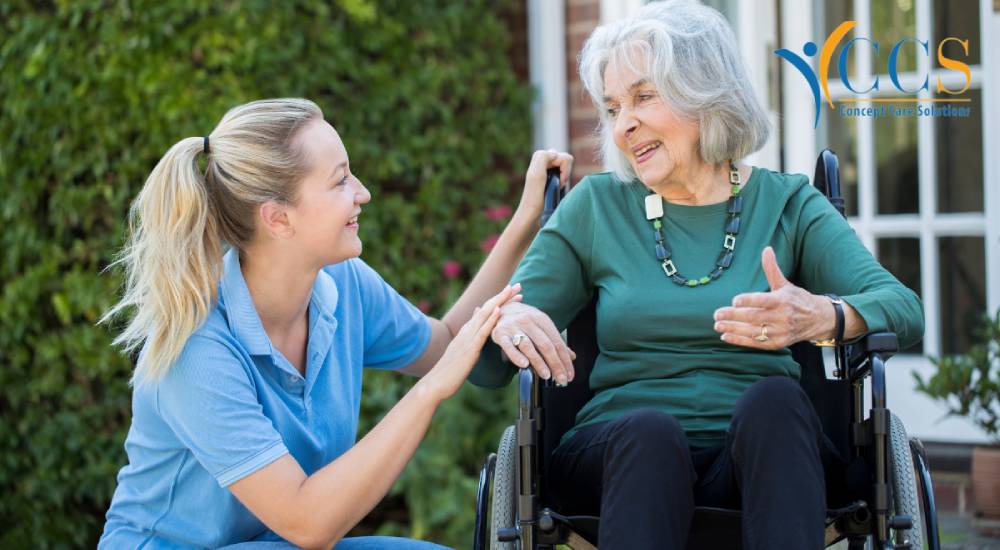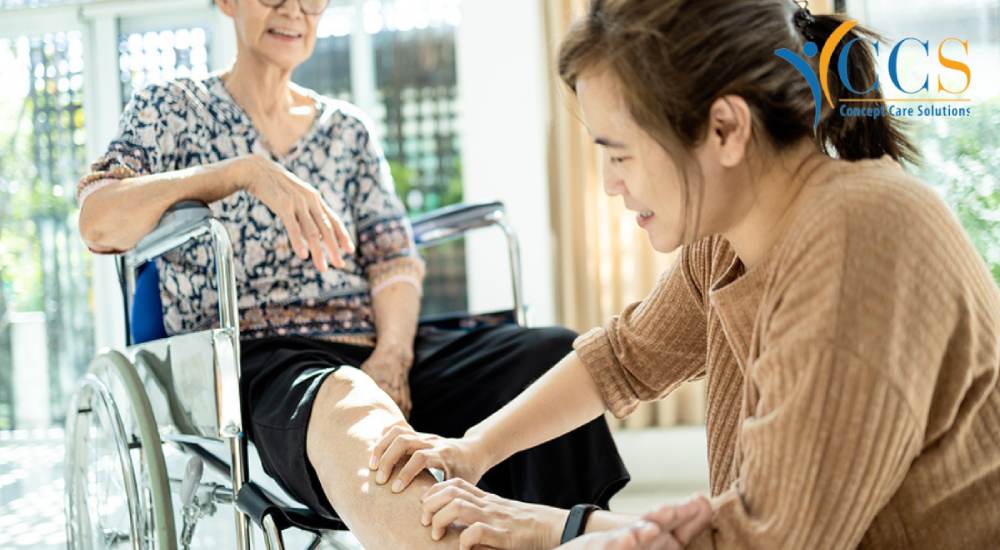As we get older, it’s essential that we stay as physically active as we can, as well as exercising our minds, in order to stay sharp, on point and keep disease at bay.
However, it can be difficult to keep active if your physical needs have changed, so it’s important to find ways in which you can get exercise, working within your own specific parameters.
The good news is that there’s a lot that can be done to keep moving and stay as mobile as possible, which is key to ageing in place.
As for your mental acuity, again, there’s a lot you can do that will help support and even potentially improve your cognitive abilities – and the sooner you start, the better!
We’ve compiled a few suggestions that you could consider to prioritise both your mental and physical health as you get older, but if you need any further help or advice, get in touch with the Concept Care team today.
Physical health
Horticulture therapy
Getting out in the garden can benefit you both physically and mentally, and it’s a great low-impact way to move your body, build strength and have something to show for your efforts, as well. Further, studies show that horticulture therapy can be particularly beneficial for those with dementia, which is something else to bear in mind.
Walking
One of the most accessible forms of exercise is walking, as it’s free, no specialist equipment is required and the majority of people are able to do it. Aim to get out at least once a day and try to build it into your routine, no matter how short your stroll.
Chair exercises
If you’re restricted in what you can do, chair exercises can be an effective way of maintaining your strength and mobility, as well as posture and balance, thereby reducing the chances of falls and injury.
Mental health
Brain training
Doing puzzles like Sudoku, word searches and crosswords can help you keep your brain ticking over, as can learning a musical instrument, taking courses in subjects you’re interested in, reading books and magazines, and so on.
Socialise
Isolation and loneliness is a big problem among older demographics, so try to socialise whenever and wherever you can, meeting up with friends and family, calling people up on the phone or using the internet to connect when you’re unable to get out and about.
Avoid alcohol
Alcohol is a depressant and can take a huge toll on your mood, even if it feels good in the moment.
Cutting down your drinking will make a big difference to how you feel and your outlook on life, as well as supporting brain health and mental clarity, so if you are feeling as though it’s getting in the way, the start of a new year could be the perfect time to make a change and clear it from your life.





